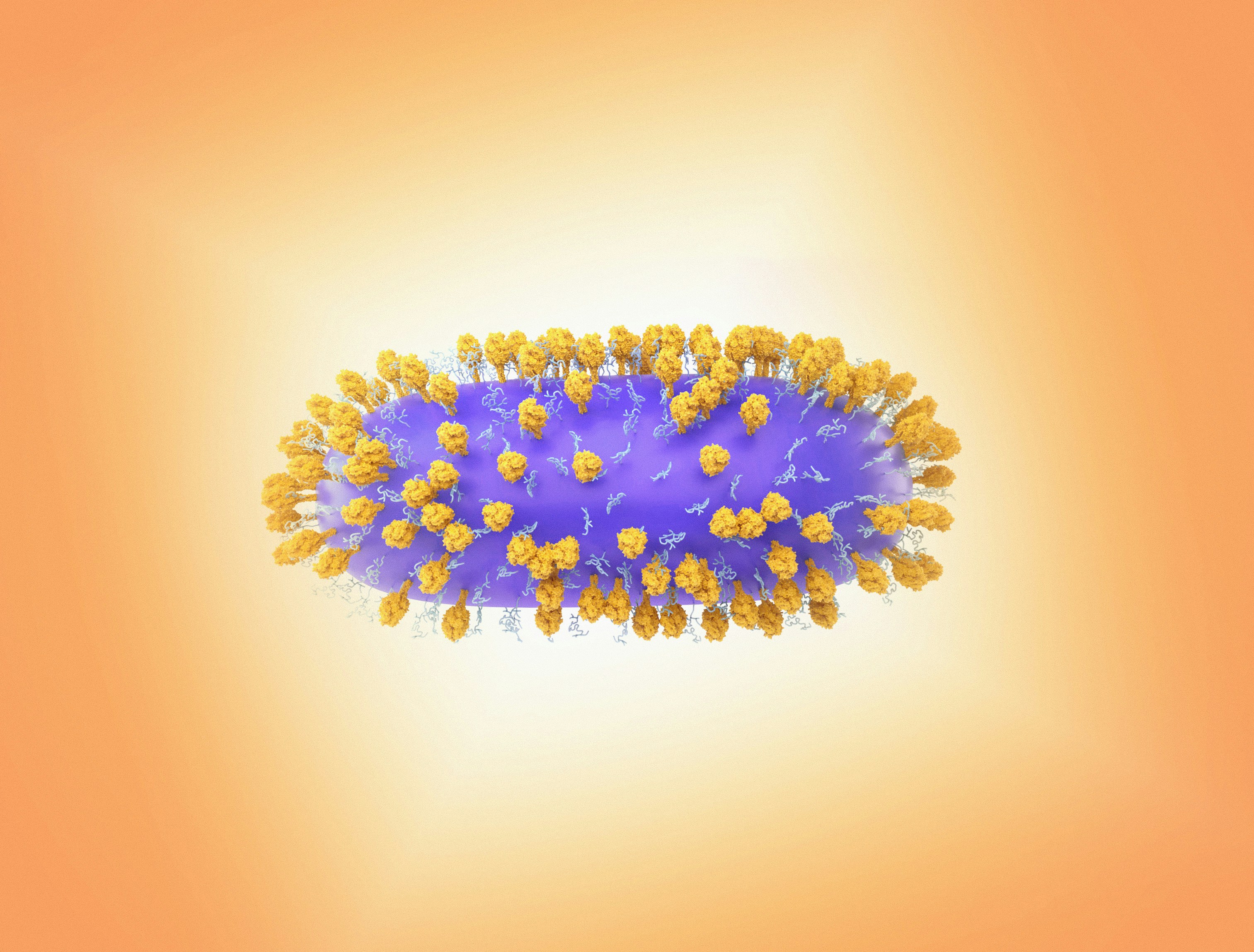Respiratory syncytial virus (RSV)
Explore this page to learn more about Respiratory syncytial virus (RSV), updates, resources, and news.

About RSV
According to the Centers for Disease Control and Prevention, Respiratory Syncytial Virus (RSV) is a prevalent respiratory virus that typically results in mild, cold-like symptoms. While most individuals recover within one to two weeks, RSV can pose serious health risks, particularly for infants and older adults who may require hospitalization. For individuals aged 60 and above, a vaccine is available to mitigate the risks associated with severe RSV. It is advisable to consult your healthcare provider to determine if this vaccine is suitable for you. Pregnant individuals may receive the RSV vaccine between 32 and 36 weeks of gestation to safeguard their infant after birth; alternatively, a preventive antibody may be administered to the newborn post-delivery.
Explore
- There are currently no CDC RSV updates or situational reports | April 2025
- CDC RSV Activity Levels - December 2024